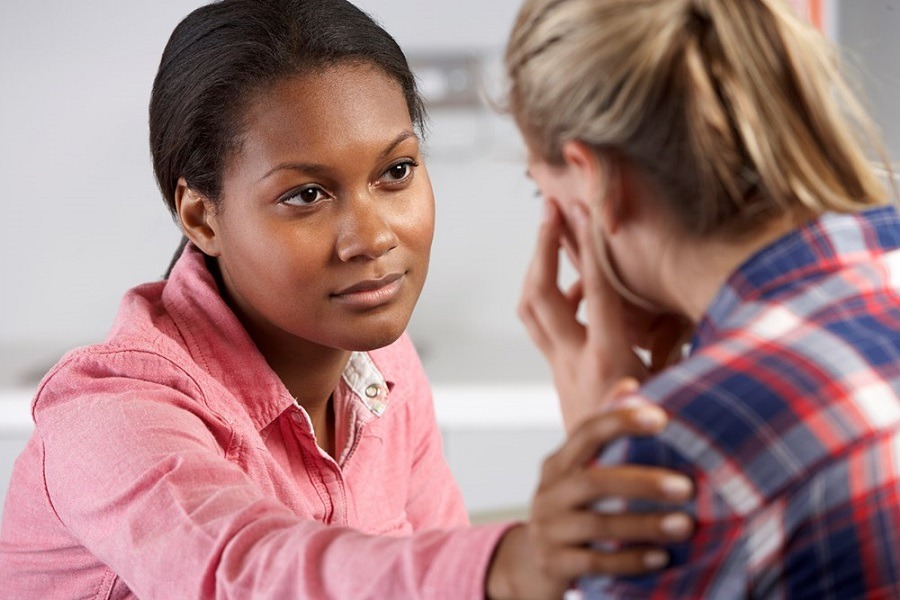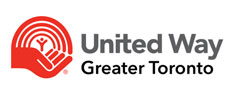Signs and Symptoms of Drug Abuse and Addiction


Abuse of prescription and street drugs is becoming an increasingly common problem. If you’re worried that someone you love might have a drug issue, there are some general signs to look for. While these symptoms can also be caused by other physical or mental health problems, when it comes to substance abuse, the key is to look for significant changes in appearance or behaviour. Signs that warrant your attention include:
Physical Warning Signs
- Bloodshot eyes, pupils larger or smaller than usual, poor skin tone
- Runny nose, sniffling, hacking cough or vomiting (in strange combinations or only periodically)
- Sudden weight loss or weight gain
- Lack of concern for personal hygiene
- Twisting of jaw, back and forth
- Changes in appetite or sleep patterns
- Tremors, slurred speech or impaired coordination
Behavioural Warning Signs
- Fearful, anxious, or paranoid behaviour
- Sudden mood changes, angry outbursts or irritability
- Acting secretive or suspicious
- Borrowing or stealing money
- Getting into legal trouble—fights, accidents, impaired driving
- Relationship problems or sudden change in social network
- Neglecting responsibilities at home, work or school
What’s Next?
If you suspect that someone you love is struggling with drugs and there is a pattern of symptoms and behaviour, it’s time to get help. Supporting an addicted loved one can be a long, painful and challenging process. While it’s important to remember that an addict is ultimately responsible for their own recovery, there are things you can do to support their journey.
Remember that this is an illness. Over time, drug abuse can cause major changes in the brain and willpower alone cannot fix the problem. Nagging, criticizing or lecturing your loved one will cause feelings of shame and guilt that will only feed their illness. You can’t force an addict to change, but your support and patience can help them get healthy.
Do your research. Before approaching your loved one about their addiction, you will need to do some groundwork. If you decide to hold an intervention with family, friends or mental health professionals, carefully work through each person’s role and what they will say. Decide ahead of time what the consequences will be if the loved one refuses your help and be ready with treatment options so you can offer next steps.
Stay involved. If your loved one agrees to try a recovery program, your ongoing support will be key to their success. Don’t leave them alone to do the work. Visit regularly, attend counselling sessions, read books, talk to experts and be an active part of their recovery process.
Expect setbacks. Most people battling addiction are not successful on their first try. It’s common to relapse several times before maintaining long-term sobriety. Just like many illnesses, it’s not unusual to need several rounds of treatment before getting healthy. Try to respond to setbacks with understanding and calmness.
Take care of you. Helping someone you love through addiction is very stressful and can start to take a toll on your own health. Don’t put yourself in dangerous situations, establish boundaries and make sure you have people you can reach out to. Prioritize your own needs by getting enough sleep, exercising and eating well or you’ll be physically and mentally unable to help others.
As you navigate your loved one’s recovery process, it can be helpful to remind yourself that their addiction is not your fault. The only thing you can control is how you respond to and support their recovery.



